Sports Nutrition for Physical Fitness: Unlock Peak Performance & Optimal Health
The Vital Role of Sports Nutrition in Physical Fitness
Achieving and maintaining peak physical fitness isn’t just about sweating it out in the gym — it’s equally about what you fuel your body with. Sports nutrition for physical fitness is the science and art of eating right to support exercise performance, muscle growth, recovery, and overall health. Whether you're a professional athlete or a fitness enthusiast, understanding the key principles of sports nutrition can be the difference between hitting a plateau and smashing your fitness goals.
1. Why Sports Nutrition is Crucial for Physical Fitness
Nutrition fuels every workout and recovery process. Without optimal nutrients, your body struggles to repair muscles, sustain energy levels, and build strength. Good sports nutrition promotes:
-
Improved endurance and stamina
-
Faster muscle recovery and growth
-
Enhanced immune system function
-
Reduced risk of injury and fatigue
why sports nutrition is important for physical fitness, benefits of sports nutrition in fitness, how nutrition impacts athletic performance
2. Essential Nutrients for Athletic Performance and Physical Fitness
-
Protein: The cornerstone for muscle repair and growth. Include lean meats, dairy, eggs, and plant-based sources like lentils and quinoa.
-
Carbohydrates: The primary energy source during high-intensity exercise. Opt for complex carbs such as oats, sweet potatoes, and whole grains.
-
Fats: Healthy fats like omega-3s support hormone production and reduce inflammation. Include avocados, nuts, and fatty fish.
-
Vitamins & Minerals: Key players in energy metabolism and recovery. Focus on iron, calcium, magnesium, and B vitamins.
-
Hydration: Staying hydrated is vital to maintain performance and prevent cramps.
best foods for sports nutrition, essential nutrients for athletes, how to fuel workouts with nutrition
3. Sports Nutrition Strategies to Maximize Physical Fitness
-
Pre-Workout Nutrition: Eat a balanced meal rich in carbs and moderate protein 1-2 hours before exercise to maximize energy.
-
Intra-Workout Fueling: For longer workouts, consume easily digestible carbs or BCAAs to maintain stamina.
-
Post-Workout Recovery: Prioritize protein and carbs within 30-60 minutes post-exercise to enhance muscle repair and glycogen replenishment.
-
Meal Timing: Spread meals evenly throughout the day to maintain energy levels and support metabolism.
pre workout meal ideas for athletes, post workout nutrition for muscle recovery, sports nutrition timing tips
4. Top Supplements to Support Physical Fitness and Sports Performance
-
BCAAs (Branched-Chain Amino Acids): Aid in reducing muscle soreness and improving recovery.
-
Creatine Monohydrate: Boosts strength and power output during high-intensity training.
-
Electrolyte Powders: Help maintain hydration and prevent muscle cramps.
-
Protein Powders: Convenient way to meet daily protein needs.
-
Multivitamins: Ensure all essential micronutrients are covered.
best sports nutrition supplements for fitness, creatine benefits for athletes, BCAAs for workout recovery
5. Common Mistakes in Sports Nutrition for Physical Fitness
-
Neglecting meal timing and nutrient balance
-
Overreliance on processed supplements without real food
-
Inadequate hydration before and after workouts
-
Ignoring individual dietary needs and allergies
-
Not adjusting nutrition based on training intensity or goals
common sports nutrition mistakes, how to avoid nutrition pitfalls in fitness, proper hydration tips for athletes
Conclusion: Elevate Your Physical Fitness with Science-Backed Sports Nutrition
For anyone serious about physical fitness and athletic performance, adopting a strategic sports nutrition plan is a game-changer. Proper nutrition not only fuels workouts but accelerates recovery, supports muscle growth, and enhances overall health. Use these evidence-based tips to optimize your diet, stay consistent, and push your limits safely and effectively.
